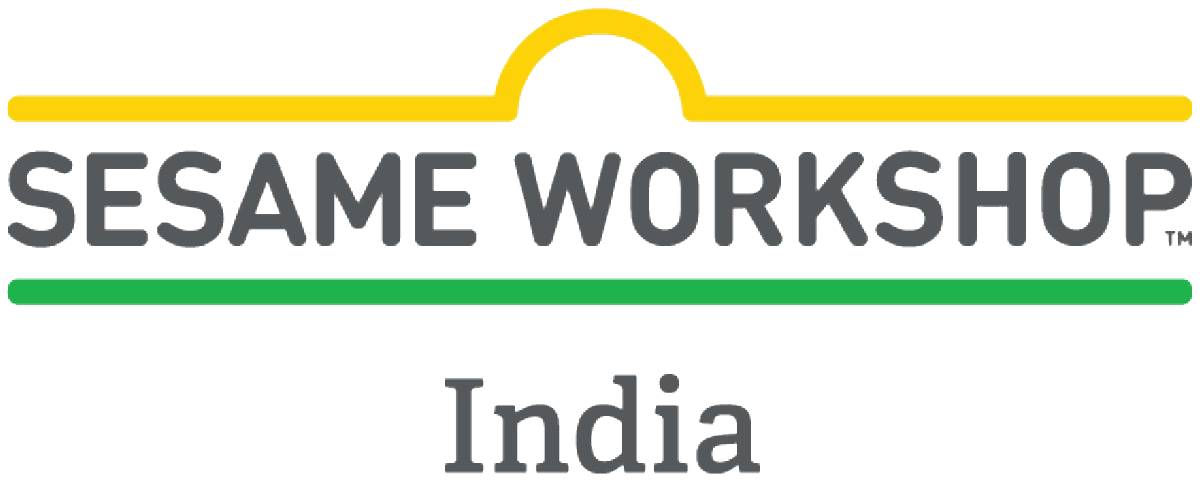Emotional Well-Being (EWB) for children refers to a child’s ability to recognize, manage, and express their emotions in a constructive manner. According to the World Health Organization, EWB for children up to age 8 includes the capability to express feelings, develop relationships, and handle emotional challenges within supportive environments.
Early childhood is a critical period marked by rapid brain development that shapes cognitive abilities, social-emotional skills, and future mental health. Children experience all sorts of emotions as part of growing up i.e., fear, disappointment, sadness, anxiety, anger, joy, excitement and so on. When children can manage their emotions and calm themselves in challenging situations, they are likely to have a positive self-perception and better academic outcomes. Conversely, children who struggle to regulate their frustrations and anger may find it difficult to make friends, focus on learning tasks, gain teachers’ positive attention, and handle disappointments.
There have been indications about the growing concern for the emotional well-being of children in India, emotional support emerged as the top concern for children, surpassing issues like child marriage and school dropouts. In response, the government has taken several efforts to address the rising mental health issues among Indian children. The Central Board of Secondary Education has directed all affiliated schools to incorporate daily positive affirmations into morning assemblies starting from the 2025–26 academic session. This initiative aims to promote children’s holistic development by enhancing their emotional well-being, self-confidence, and mental focus, thereby complementing academic growth. Additionally, NITI Aayog is planning a comprehensive school healthcare programme focused on mental health promotion, prevention, and intervention for school children. This programme seeks to strengthen existing health promotion measures under the Ayushman Bharat scheme. The Ministry of Women & Child Development’s Aadharshila Curriculum (2024) is a 48-week program designed to promote social and emotional development in children aged 3 to 6 years.
Experts highlight that children from economically disadvantaged backgrounds are more prone to behavioural and emotional challenges. Given that most children attending Anganwadis belong to such families, it becomes crucial for Anganwadi workers to prioritize their emotional wellbeing. In this context, Sesame Workshop India has implemented a range of impactful initiatives to support the emotional development of young children from marginalized communities, including those attending Anganwadi centres. Programs such as Choti Badi Baatein, Play. Learn. Connect, and Daddy Cool have specifically focused on improving mental health and educational outcomes for children aged 3–8 in Rajasthan, Lucknow, and Delhi/NCR. These efforts integrate social-emotional learning (SEL) through context-specific content, robust community engagement, and active participation of caregivers, thereby cultivating safe, inclusive, and nurturing early learning environments. With a deep-rooted commitment to whole child development, Sesame Workshop India remains steadfast in its mission to champion the emotional well-being of every young child ensuring they grow up Smarter, Stronger, Kinder.
